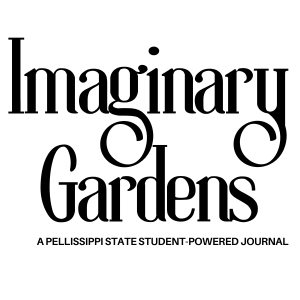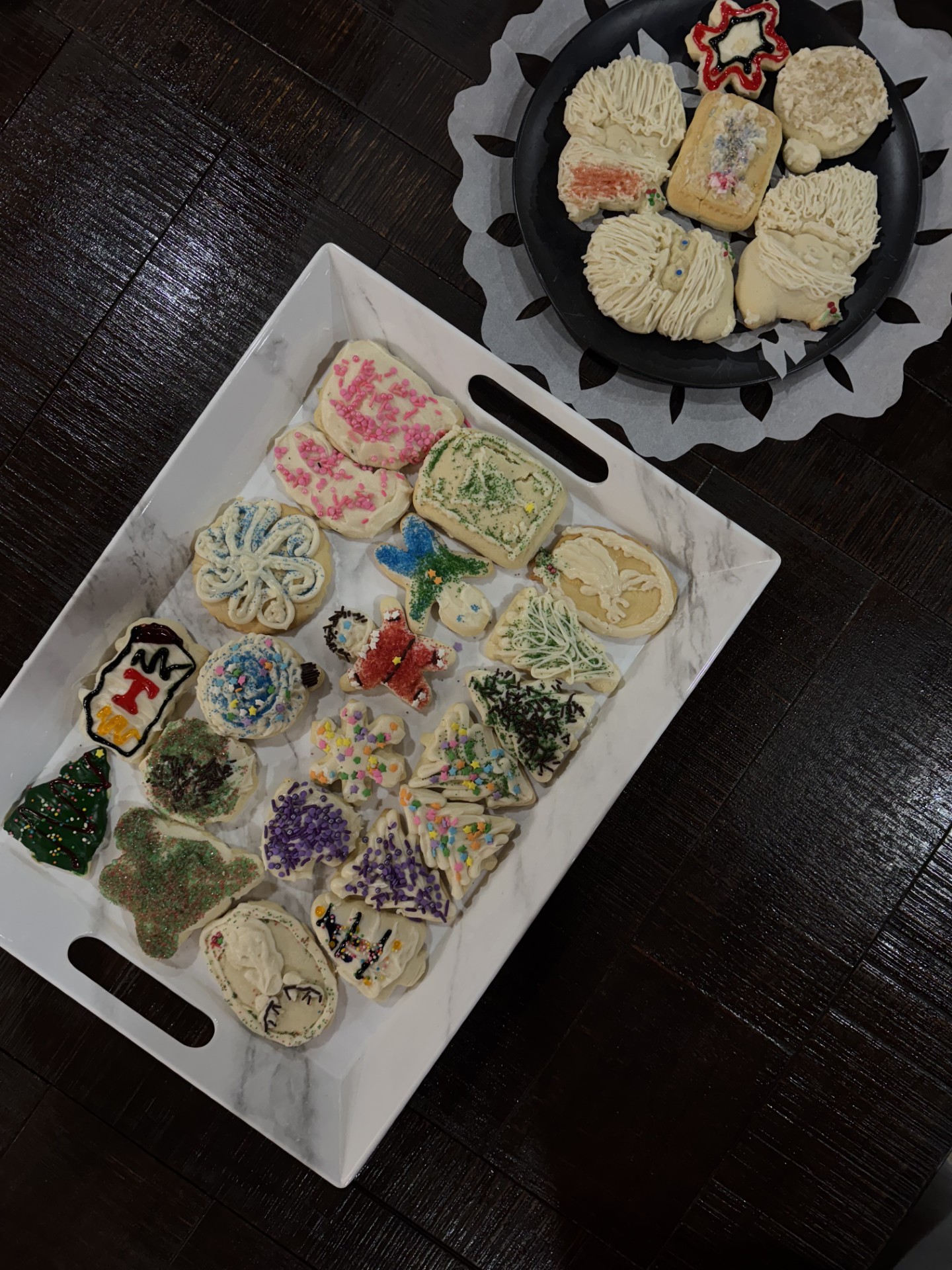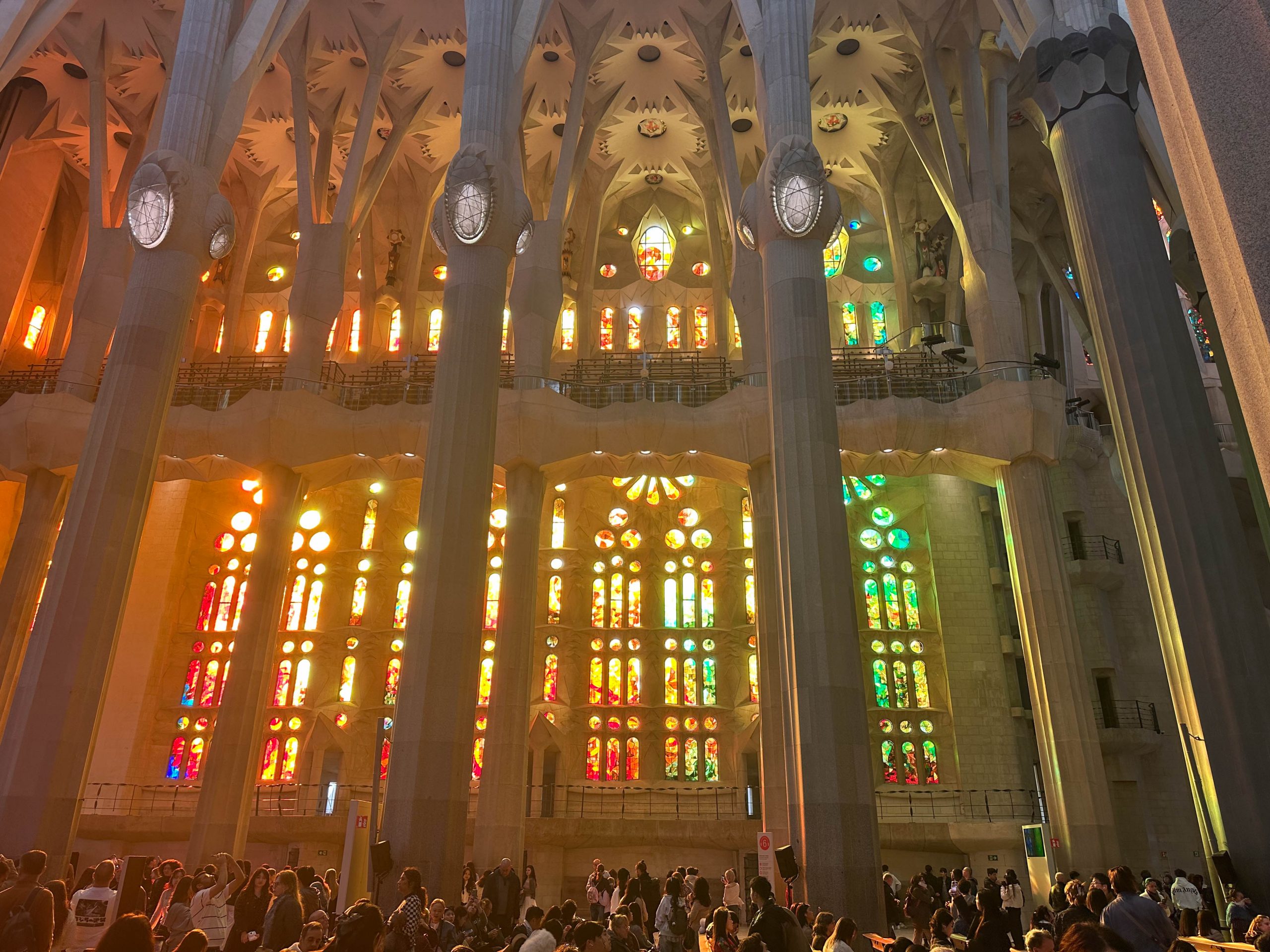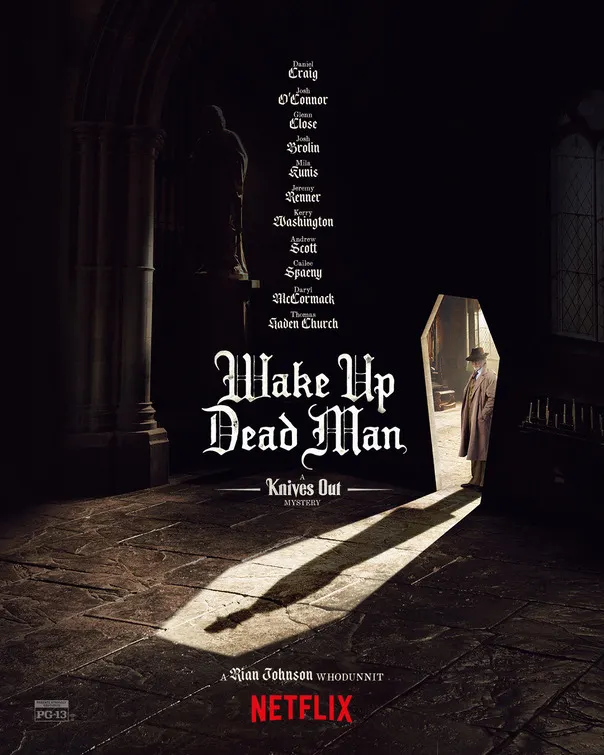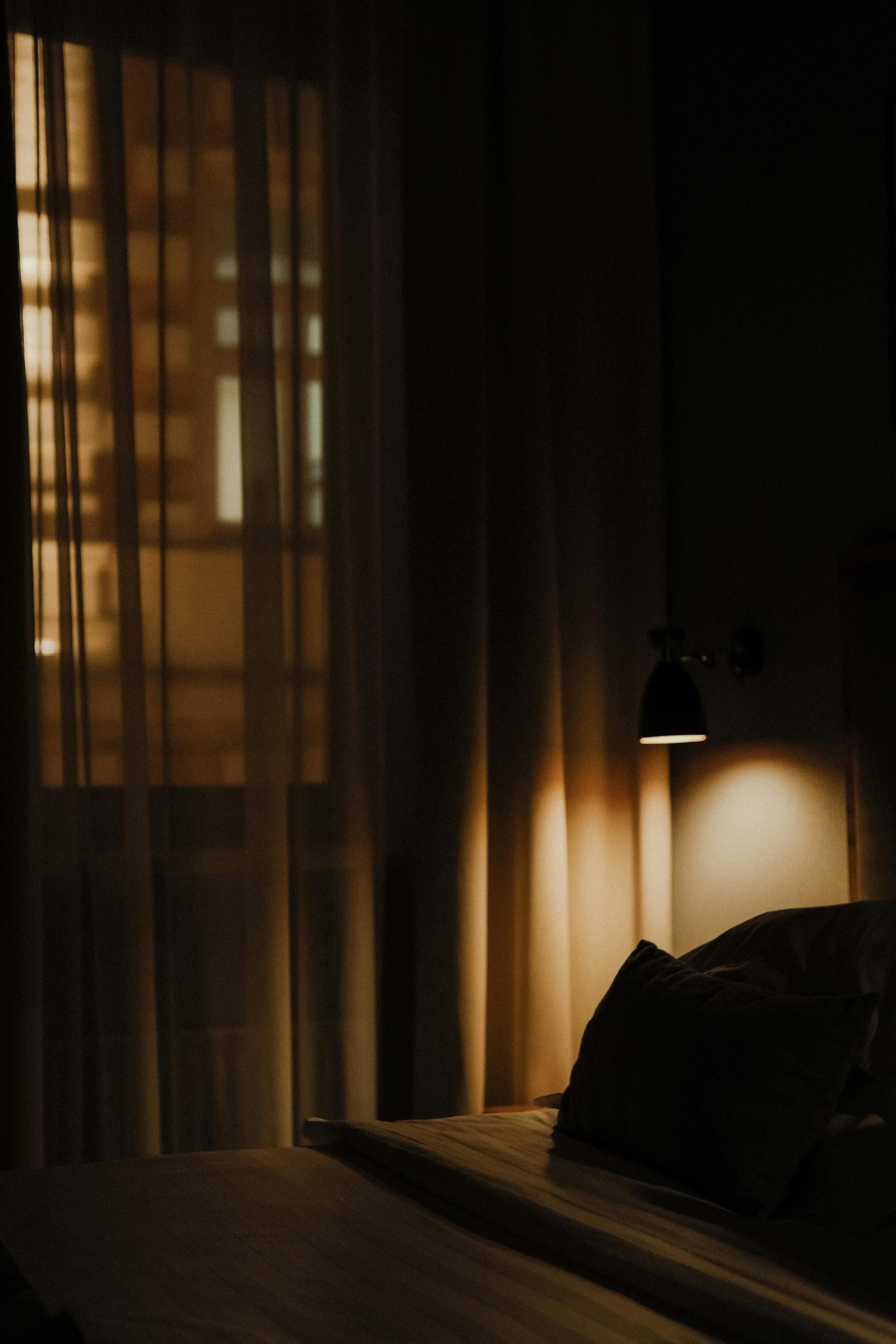By Anna Trevathan, Managing Editor
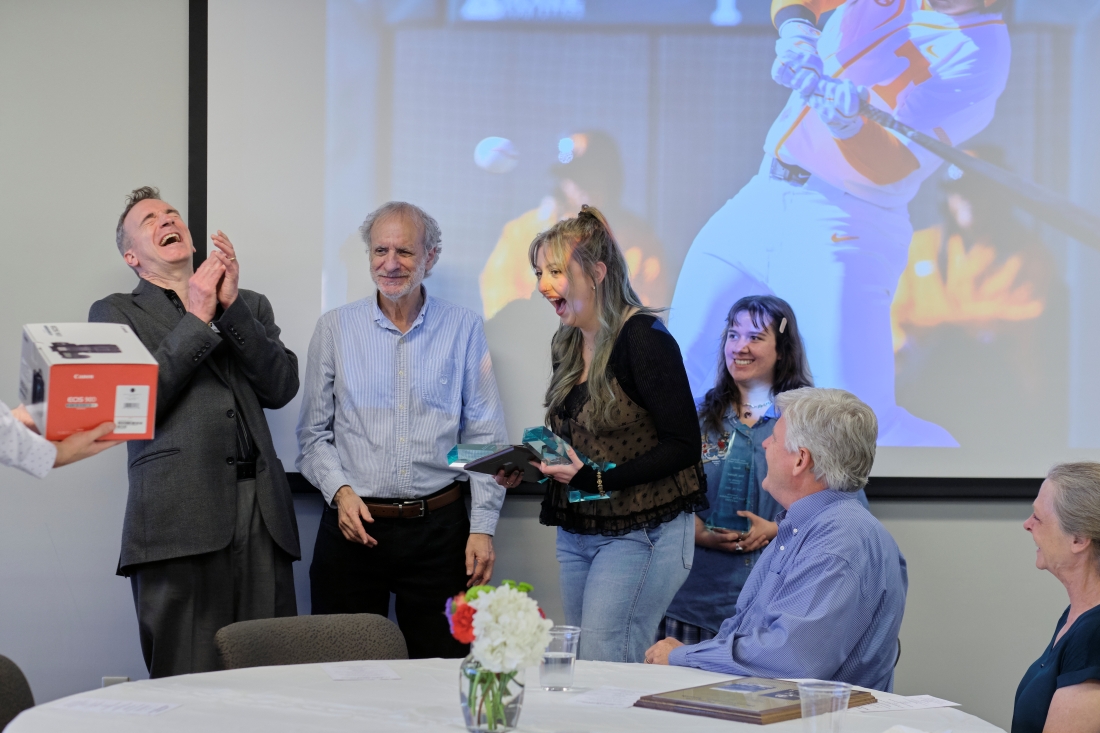
The James Thompson Journalism Award is a prestigious honor for student photojournalists in the East Tennessee region. Named after the late great James Thompson who was a pioneering photojournalist himself, the award invites students from Pellissippi State Community College and the University of Tennessee, Knoxville to compete. This competition is special, as it limits the photojournalists to only a single day’s worth of images, meaning that shooting for this competition began on Feb. 22 at 12:01 a.m. and ended at 11:59 p.m. Judged by a panel of local professional photojournalists, the contest focused as much on technical proficiency as storytelling.
This year the winner for Best Overall, Best Landscape, and Best Portrait was Sophie Perrins, who works as the Photography Editor at Imaginary Gardens. She stood out amongst all entries for the contest with a phenomenal photo that impressed the judges for its power and prowess; Sophie, a student at Pellissippi State, has made quite a name for herself as a photojournalist already.
I spoke to Sophie about her passion behind the lens, the inspiration behind the photo and location, and what being recognized like this means for her at this moment in her career.
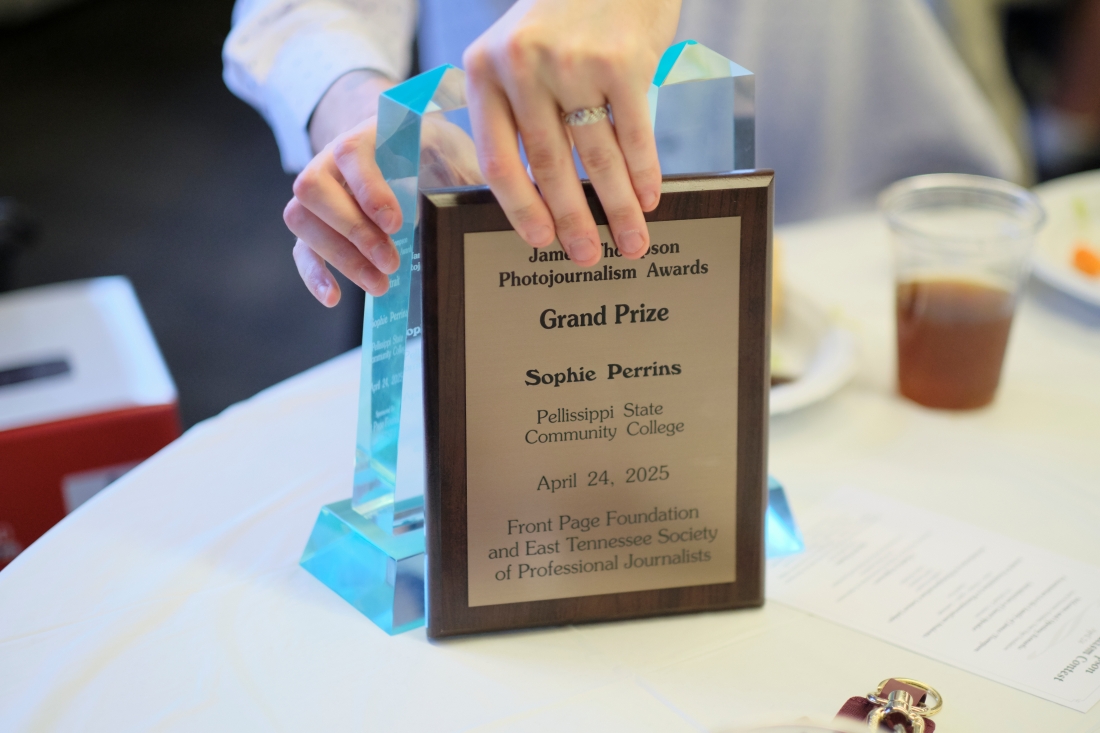
Here’s what she had to say:
To start us off, can you introduce yourself for our readers- who you are and what you do?
My name is Sophie Perrins. I’m a Photo Editor for Imaginary Gardens and I’m graduating this year with an Associates Degree in Media Technology with a concentration in Photography. I hope to be a photojournalist, ideally working internationally for human aid or wildlife conservation.
Can you tell me about what got you interested in photography? Was there a moment, or a shot you took, when you knew this was something you wanted to pursue seriously?
The first job I ever had related to photography was for Lifetouch, which I took as a fun way to make money for a year or two, not knowing where it would lead [and] not necessarily counting on that to build a photography career off of. With the restrictions Lifetouch has on photographers, in terms of creative expression and clientele, it made me want to see what else was out there and what else I could do with photography if I had that freedom of creative expression.
Can you tell our readers what Lifetouch is?
It’s a company that does the school yearbook pictures, grad pictures- I did mainly yearbook photos for them but also some sports and cap and gown shots.
What draws you to photojournalism over other fields in photography? Can you explain the difference for those of us who don’t know?
Photojournalism has a greater cultural impact. In the past, photojournalism has distinguished itself by putting itself in more of a professional sector. It’s regarded as truth, because you can’t use photoshop and you can’t stage photos. It’s in some ways more difficult and in some ways easier, but I believe it’s more important than any other type of photography.
When you’re standing behind the camera, what are you looking for in that moment? What makes you press the shutter button?
When I’m looking at the camera, I’m usually thinking about the rule of thirds, or some way I can interestingly frame what I’m seeing. I’m thinking about all of the rules that I’m taught in photography- like, if someone is facing a certain way, to leave more space [on the side of] the direction they’re facing than the way that they’re not facing. It feels like they’re peering into the photo versus what they’re seeing being cut off. But, I’m also thinking about all of the times I’ve been told to forget those rules in photography and to just do what I want. I’m just pressing the button as often as I can because with digital photography it’s not like it used to be with film. Where each roll would cost a lot of money and a lot of effort would have to go into processing each picture. With digital photography, I think the best way to become a good photographer is to just take as many good pictures as you possibly can of everything and hope that some of it turns out.
What does a successful completed photo look like to you, how do you know when to stop the editing and leave it as is?
I won’t totally finish editing a photo until I can walk away from it and go back and look at it either the next day or a few hours later, because after staring at a picture for a long time, your brain starts to distort it and make you feel that it’s lacking in a certain area that it may not be. Or, make you think that it’s actually better than it is, especially considering the lighting of the room you’re in, or of your monitor. Just double checking before feeling completed is really important. I try to make sure the photo is as sharp as it can be, but also fits with the general theme of photos I take. Not too oversaturated; I like vignettes but not too much, and I like my photos to be on the warmer side, but that all depends on what I’m photographing. Overall, I try not to rely too much on post editing. I think you can’t do that to be a good photographer; being a good photographer means taking a good picture. And Photoshop is super helpful at times, but not something I ever want to rely on heavily.
And are you taught to take that position on Photoshop? Or is that a conclusion that you have come to on your own? The stance on it not being much of a photo in the first place, if you’re editing that heavily?
It honestly depends on my professor. That’s something I’ve struggled with being in the Photo[graphy] Major because all of my professors have really contrasting opinions about a lot of things when it comes to photography and post. I’ve actually been asked by a professor to use A.I., for a picture to turn in for his class. I said, “I’m not gonna do that, but what I can do is make a mask of the subject and edit in another picture in the background. I’m not gonna use A.I. to do that.” Yeah, it really depends on the professor. I’ve had the same instructor for another class, and he had some old-fashioned views on what should or shouldn’t be used on Photoshop and how to use it. Then, other professors in the department prefer Lightroom to Photoshop or other programs. Everyone’s highly opinionated and disagrees with everyone else. It’s really hard to figure out your way in Photography because everyone thinks something different.
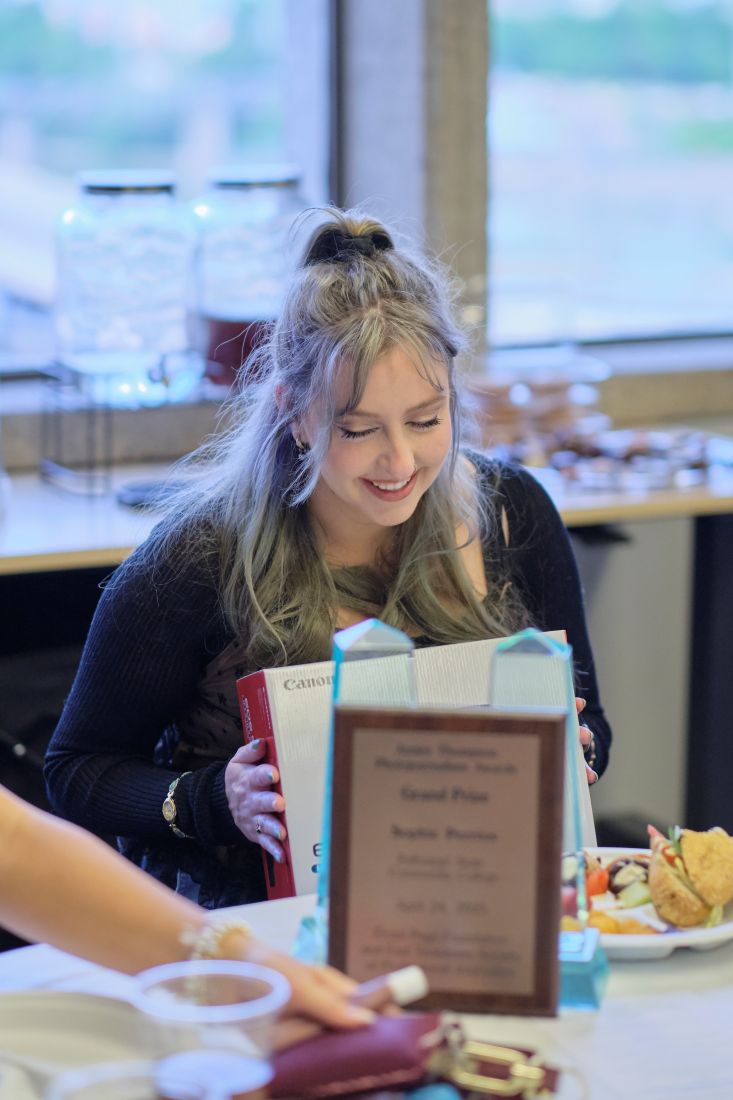
When you’re going to Pellissippi State, if you don’t have a concrete style and methodology already down pat, what do you think is the impact of having these professors with contrasting views and differing opinions in the same department? What’s that do to a photographer who is just coming into the program?
It makes you really confused, and it’s hard to credit anything that anyone is saying, because if all of your professors are telling you something different and none of them stand out as the best way there is or the worst way, it’s just hard to put your faith into what any of them say. There’s probably more than one correct way to do things. If they all think that each other are doing something wrong, it’s hard to put your faith into any of them because there’s not a strong communication and support system that bring[s] together all the different professors’ techniques.
Also, on the topic of A.I. that you touched on earlier, I wanted to ask about the effects of A.I on your specific area. Do you think that A.I. is affecting the field of photography? What do you think is the effect of A.I. on students like you who are just graduating and stepping into the workforce?
I think it’s valid to be concerned about the effect that A.I. will have on the industry, but, at the same time, I think in other ways, it’s going to make us stand out because A.I. cannot do what we can do. A.I. will never be able to have a real human perspective on anything, which is what makes photography great. And, now more than ever, I think people are wanting what they’re seeing to be accurate, and, with photojournalism, especially with their being like rules in place with you having to turn in raw images and with them being so strict about Photoshop, I think that that’s the one area of photography that’s at least a little bit safeguarded from A.I., because A.I. cannot create photojournalism. They may be able to create a graduation card or a headshot for your Indeed profile, but it can’t generate pictures of an event that’s happening now or be used in the news context. So I am happy that I’ve chosen the photojournalism path and I think A.I. will make us stand out even more than we did before, because of that.
Will you walk us through February 22nd? How did you approach shooting with a 24 hour window?
I really wanted to get up early that day … Just taking pictures for as long as I possibly could. The first stop I wanted to make was River Glen Farm for their horse show, and that was an hour and a half away. It went well, there was a group of moms that were there supporting their kids that were in the shows and they were super sweet. I ended up staying a few hours later than I planned on to photograph their kids for them. I didn’t have as much time through the rest of the day to do other stuff that I wanted to because that ended up going longer than I thought. Afterwards, we just drove around until we found something interesting. We were kind of trying to head towards some smaller towns so I could get something for the street category; from River Glen farms I was able to get portraits, a landscape and sports pictures. I was hoping to get some more landscapes and a street picture for the fourth category. Which I did in Dandridge.
We just kind of kept driving until we found something and we were driving across this bridge and saw a crane in the water. I pulled off to the side, right up to the narrow bridge. There weren’t many cars around so I just grabbed my camera and started running towards the middle of the bridge so I could take a picture of the crane from the bridge. While I was running, I just tripped. I don’t know what I tripped on. Like it wasn’t my shoelaces a rock. I just all of a sudden fell [while] I was running. I skinned my knee but I saved the camera. The crane flew away and I ended up not getting a very good picture of it. Then a car came, so I had to go back to my car. I got a somewhat okay picture of a crane but not something that I felt like I would want to publish anywhere.
We ended up at the Bush’s Baked Beans factory. Out in Newport, we just stumbled upon it, and like throughout the whole day there were lots [and] lots of stray dogs that we saw on the road and one had three legs. One was a puppy, and it drew my attention to the issue of animal neglect and cruelty in Tennessee, and so I Googled some statistics, and Tennessee is in the top five of the worst states for animal neglected animal cruelty, which is pretty sad.
So would you say things like that happen a lot? You just like going the extra mile to try to get the perfect shot?
Yes. Because it’s worth it, and so many times I[‘ve] felt like, oh, I wish I had done this differently and I wish I had, like, stayed longer and or gotten it from that perspective. Never short yourself– the more pictures you can take, the better your chances will be of having good ones. Part of photography is just taking a lot from every angle and then figuring things out. Figuring out what you did right, what you didn’t do right, and then trying to repeat your strengths and not repeat your mistakes. It’s just a lot of practice.
You have said that Newport wasn’t originally included in your plans for the day, but were there other locations that you had in the back of your mind? Was there a list of locations, or were you driving and hoping for the best?
Some places I had in mind were parks where we could get a landscape, but most of them we didn’t end up going to. We did go to Seven Islands Birding Park. We were heading home as the sun was setting, and I got a couple of landscape pictures there, but not ones that [I] ended up submitting for the contest. The landscape picture [that] I ended up submitting for the contest I took at River Glen Farms, of people walking their horses. I don’t even know if they were in this show or not. One of them was definitely in the show. About that picture, and I would never put it into words until someone else did, they said that the picture has a looming sense of gloom, like the sky is gray and the horse is looking back as if they feel like they know something is about to happen. I like that picture because it conveyed that emotion in it and none of the other landscapes I felt conveyed anything significant, like what that one did.
When we went to Seven Islands, they were closed by the time we got there, so we ended up photographing deer outside the park. There were like 50 deer, and I don’t think I’ve ever seen that many deer in one place. I’m glad that we did that. I’m glad the one thing that this photo contest did is it got me outside, and it got me photographing, which I may not have done that day, and it took me to places I definitely would not have gone otherwise. Even though a lot of them didn’t turn out, some of them did, which, again, is the whole thing with photography. You just hope that some of them turn out, and you keep trying until you get one that works.
For the portrait, that one was not planned at all. I was going to use a picture that I took of a competitor at the horse show for my portrait. Then my partner and I got back home and we were just kind of messing around taking pictures of each other. He took a picture of me when I got back home, and then I took some of him. I got one of him hugging Waffle (Sophie’s very cute, very large dog) after being away from him all day. That one conveyed more emotion than anything else I took. A lot of photography is unplanned and just stuff you happen to see or happen to experience. That was just taken in my room when we got home.
What does recognition like this mean for you as a photojournalist so early in your career?
It means a lot. This has changed my perspective a little bit and given me hope for my future and my career. Right now, our field is dying and it means a lot to see that people still care about journalism and, specifically, photojournalism. That they are taking the time to look at it and appreciate it. My professor, when I told him that I won, we talked about it for a while and then at the end of the conversation, he said, “See, good things do happen sometimes.” That hit me so hard; the past few weeks felt like a lot, and I’ve been kind of questioning if this is a career I can even go into… If there’s ever gonna be a job for me or room for me here. This showed me that maybe there is and that maybe there’s still hope.
What are your plans for the next few years? How do you plan on utilizing what you have learned in your time at Pellissippi?
I am moving to Costa Rica, where I hope to do remote photojournalism work and ideally travel more abroad. I would love to work for humanitarian aid organisations or wildlife conservation groups or any kind of news station. My ideal news station would be something like Al Jazeera. I was able to talk to some photjournalists that work for the Knoxville Sentinel that attended the awards. And they advised that I just send out a bunch of emails and try to use this as a stepping stone in my career, which I honestly hadn’t really thought of, but I am starting to. I am including this in my emails, that I’m an award winner, when I send those out to mainly companies in Costa Rica, but also internationally to try and find a spot for me somewhere. Pellissippi has taught me that everyone does things differently when it comes to photography, and it’s constantly evolving. Photography involves technology, which is always changing. So photography is keeping up with the times, and Pellissippi has taught me how to keep up with new technology that’s coming at us. While maintaining the standards of journalism and the practices of some of the older generations of photographers.
How do you want your work to impact people, and what kind of stories feel like they call you the most?
I realized the impact that photojournalism can have when I learned about the civil rights movement, and how other countries realized the inequality in our government’s treatment of people of color through photos. When photography was on the rise, they were starting to take pictures of protesters getting beaten, getting blasted with water hoses in the streets, and there were diplomats and politicians from other countries that the U.S. was trying to make deals with at the time that saw those photos and said “we’re not gonna make a deal with you unless things change.” I think words can only go so far, but when it comes to photojournalism, there’s no doubt that the picture that I took isn’t actually real unless it was edited using A.I. or something. Genuine photography is an unbiased way to show what’s going on, and I think it can make a huge impact on the global scale and be used as leverage like it was during the civil rights movement. I would love to work with something that has an impact on a large scale and phrases awareness of something in a way that words can’t. My photojournalism professor did photo essays for Hurricane Helene when it came through. He was able to get aid to several families that he photographed that had their entire homes destroyed, cars destroyed– life destroyed. He was able to get those images out and get aid and support to those people when they needed it.
So do you feel like it’s like the potential impact that keeps you going?
Yes.
Finally, if there is advice you could give to an aspiring photojournalist, what would it be?
That was so crazy for me to read that question because I still think of myself as an aspiring journalist and that’s a question that I would ask other journalists, so that’s crazy to me that I’m being asked that question. Keep trying because what we do is important. It’s worth it and your hard work will pay off. What we do is important, so no matter how hard it gets, the reward is worth it when it comes eventually.
